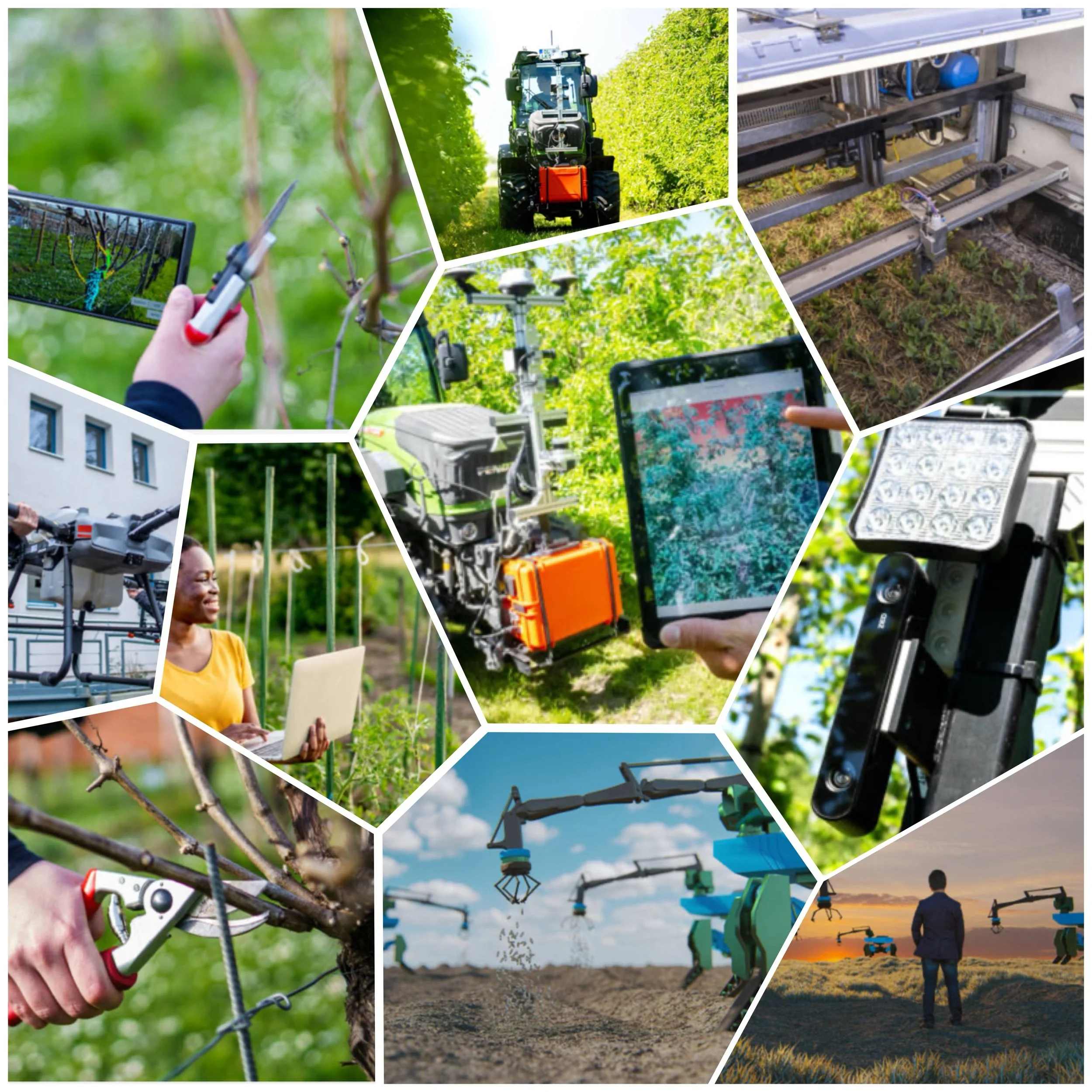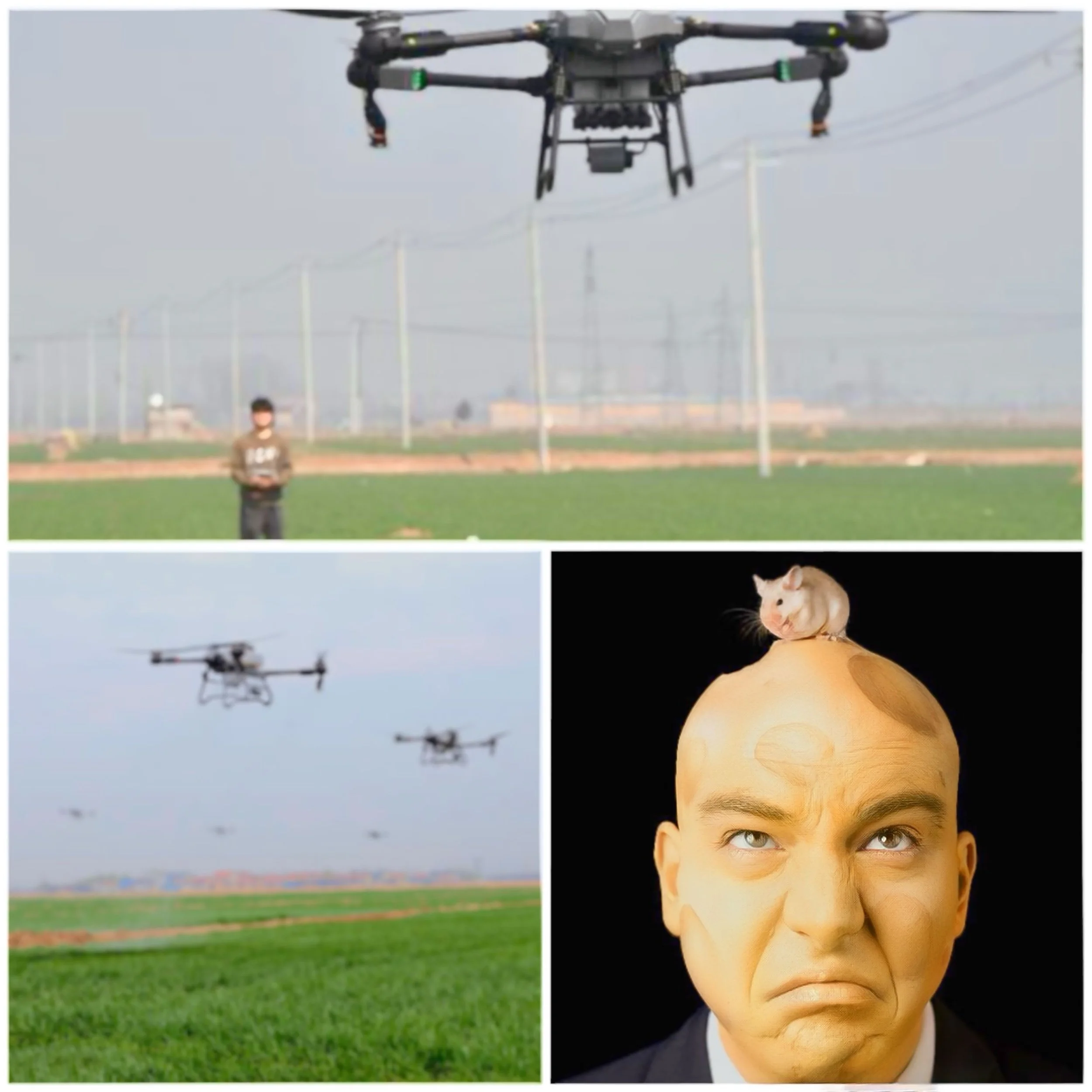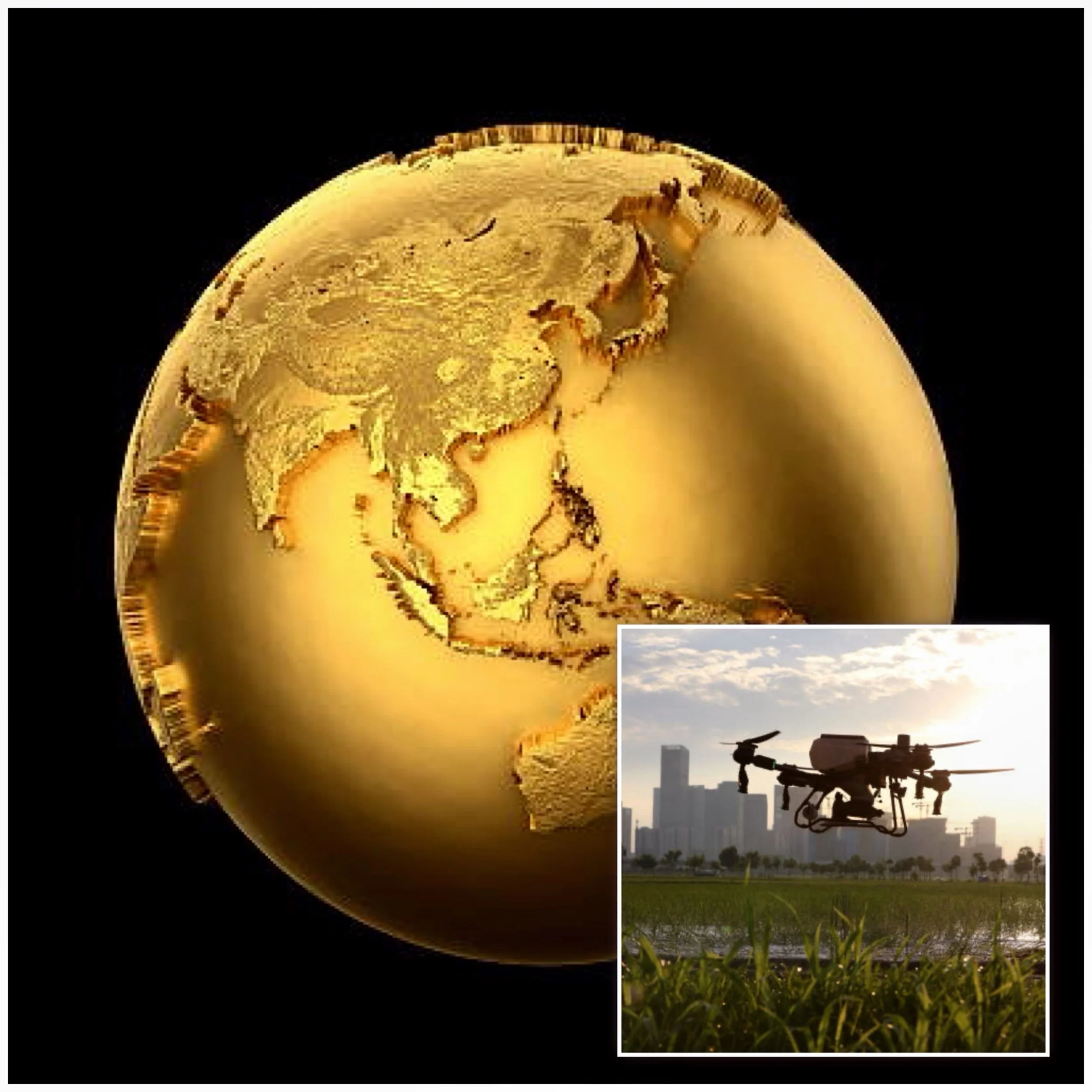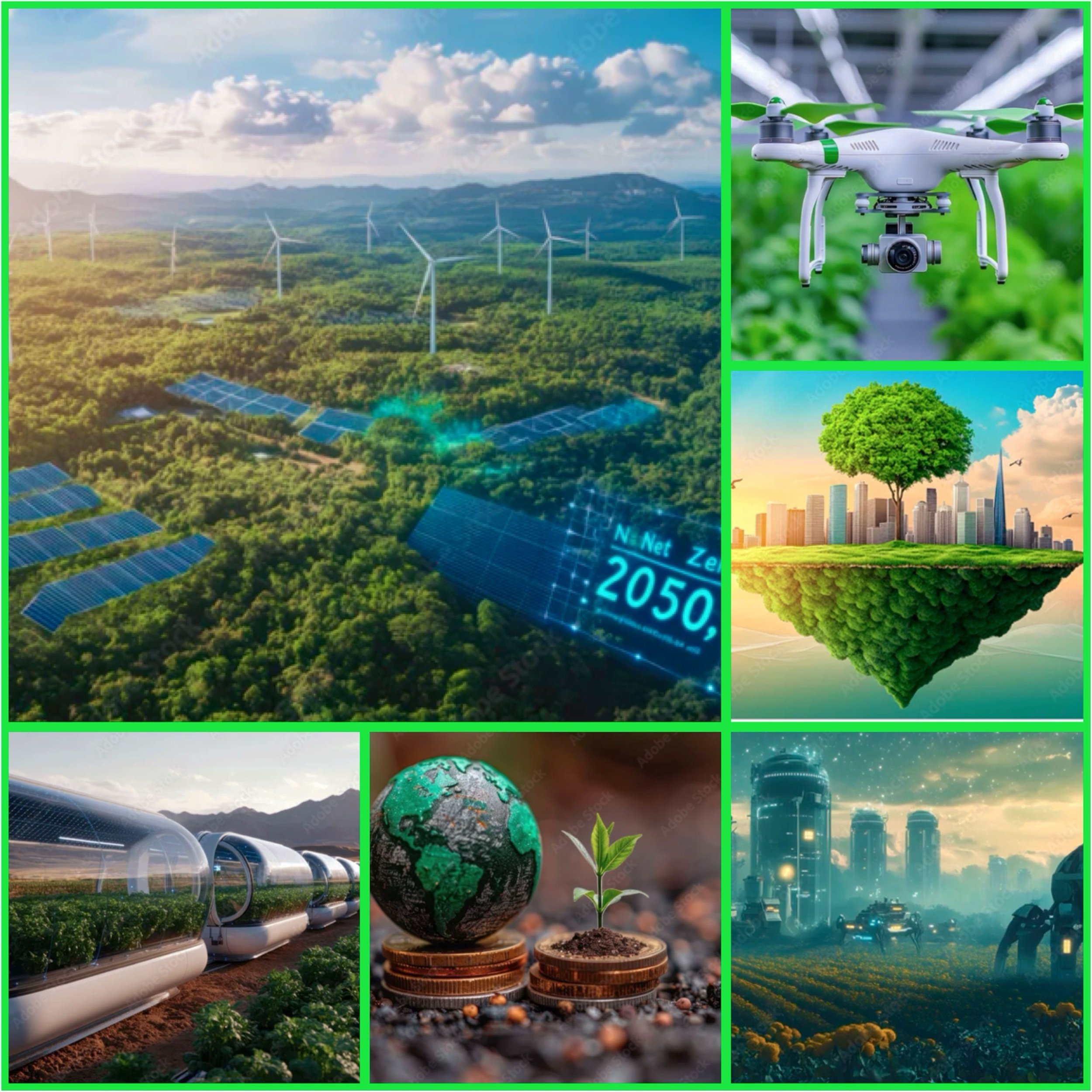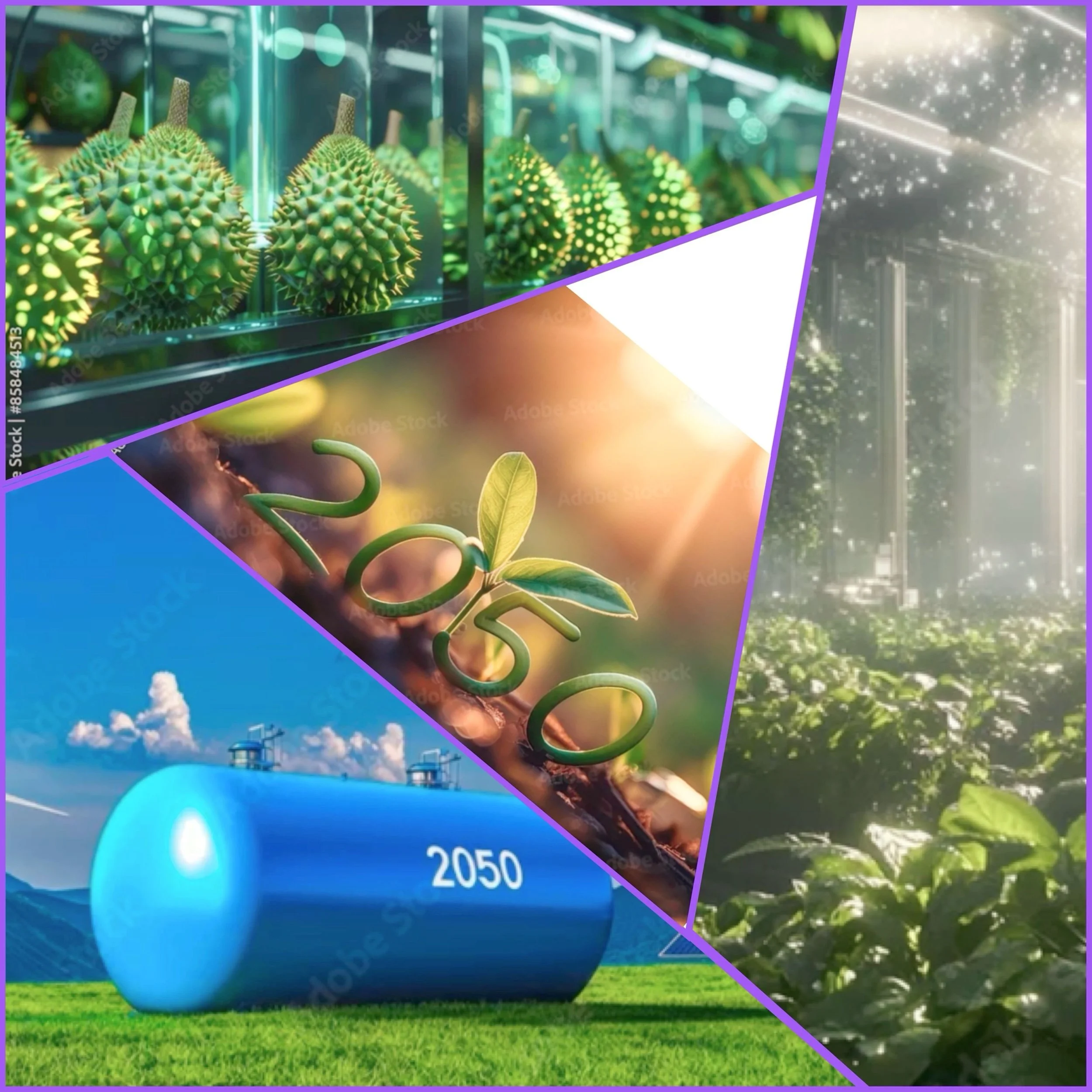What are different kind of agriculture used in Europe?
Introduction
Europe employs a diverse range of agricultural practices, reflecting its varied geography, climate, and cultural traditions. The main types of agriculture used in Europe include:
Intensive Farming
Prevalent in northwest Europe
Characterized by large-scale, highly productive arable or livestock production
Utilizes advanced technology and high inputs of fertilizers and pesticides
Examples: Coastal areas of the North Sea and English Channel
Extensive Farming
Common in southern Europe and parts of northern Europe (e.g., upland areas and mountain regions)
Less intensive, using fewer inputs
Often associated with High Nature Value (HNV) farmland
Examples: Semi-natural grasslands in Hungary
Mixed Farming
Typical in southern Germany, France, and northern-central Italy
Combines crop cultivation with livestock rearing
Offers diversification and risk management for farmers
Specialized Horticulture
Focused on vegetables, fruits, and flowers
Often uses greenhouse technology
Examples: Dutch greenhouses producing vegetables and flowers
Precision Agriculture
Employs technology like GPS, sensors, and AI for optimized resource use
Aims to reduce waste and environmental impact
Gaining popularity across Europe, especially in more technologically advanced regions
Traditional and Ancient Practices
Includes techniques like intercropping (mixing legumes and cereals)
Often preserves biodiversity and cultural landscapes
Examples: Hungarian grasslands managed by traditional herders
Organic Farming
Emphasizes sustainable practices and minimal use of synthetic inputs
Growing in popularity due to increased consumer demand for organic products
Conclusion
These diverse agricultural systems reflect Europe’s efforts to balance productivity, sustainability, and the preservation of cultural landscapes. The continent continues to adapt its farming practices to address challenges such as climate change, biodiversity loss, and the need for food security.

